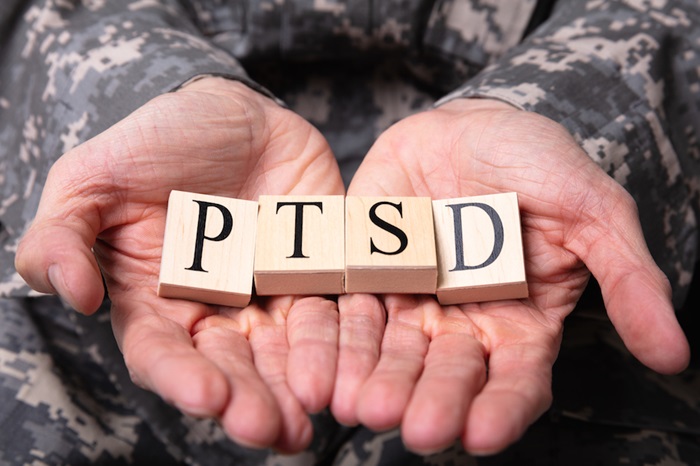A new study from Germany shows that brief talking therapy led by general practitioners (GPs) can ease symptoms of post-traumatic stress disorder (PTSD) in people recovering from critical illness. Published in The BMJ, the trial offers hope for quicker mental health support after intensive care.
About 20% of patients experience PTSD symptoms after leaving intensive care units (ICUs), but many face long waits for specialist treatment.
This study involved 319 adults, mostly men aged around 58, who received three structured GP sessions plus follow-up nurse support, compared to usual care.
After six months, those who had the GP-led therapy showed a modest but greater reduction in PTSD symptoms than the control group. Although the improvement was slightly below the threshold considered clinically important, benefits were seen in related areas like depression and quality of life.
Researchers say the therapy’s low intensity limits how much symptoms improve but note it could fill a gap while patients wait for specialized care. The success relies on the trusted relationship between patients and their GPs, who understand their medical history and can provide ongoing support.
Experts see this as a promising step toward trauma-informed care in primary settings, especially where specialist resources are scarce. Future research will focus on improving therapy content and delivery to maximize benefits.
This approach offers a practical way to help ICU survivors manage PTSD symptoms early and improve overall recovery.


